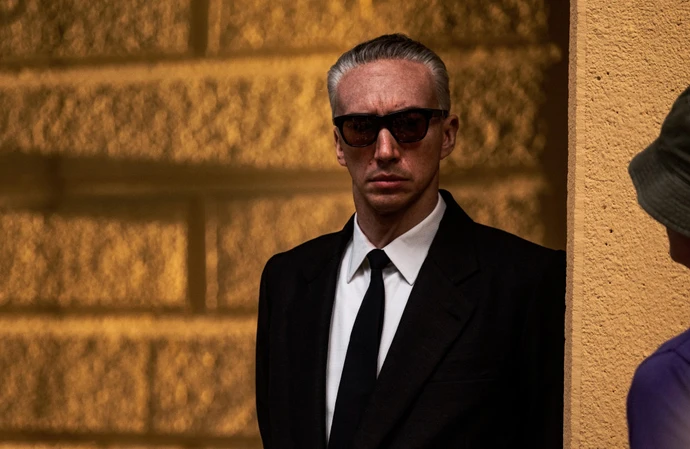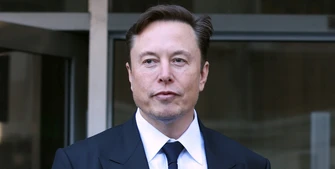Michael Mann: House of Gucci did not influence Adam Driver's Ferrari casting
'Ferrari' director Michael Mann has explained that his decision to cast Adam Driver as Enzo Ferrari was not impacted by his depiction of Italian fashion designer Maurizio Gucci in the film 'House of Gucci'.

Michael Mann insists that Adam Driver's role in 'House of Gucci' had no influence on his casting in 'Ferrari'.
The 40-year-old star portrays Enzo Ferrari in Mann's biopic about the founder of the iconic Italian car manufacturer but the director explained how Driver's performance as the murdered Italian fashion designer Maurizio Gucci in Sir Ridley Scott's 2021 film had "nothing to do" with his casting choice.
Michael told Entertainment Weekly: "No, the Gucci movie had nothing to do with it. I met with him well before I saw 'House of Gucci'.
"There's a real-world, factual intelligence to Adam. He's somebody who, in his own personal history, has lived life. I sense the strength and the artistic integrity coupled with a pretty fierce artistic ambition as an actor. It's not political or charming, which I like a lot. It's just there and strong.
"It felt to me that he would understand Enzo Ferrari."
The 'Heat' director explained that physical appearance is a "secondary" factor when it comes to choosing the stars of his movies.
He said: "I make casting decisions based on that perception of what's going on inside. The physical manifestation, the physical look, that's craft work, that's secondary.
"So, it's not like I had to find somebody who looked like Enzo Ferrari. Nobody looks like Enzo Ferrari."
Michael explained that he wanted audiences to "experience" the racing scenes in the film which follows Ferrari's personal and professional struggles in the summer of 1957.
He said: "A director could approach racing with long lenses and have these beautiful, idyllic shots of distant cars moving through a couple of chicanes on a mountain road, but I didn't want that because it pushed the audience back into being observers. I didn't want them observing, I wanted them experiencing. So, that determined everything.
"We designed and engineered some very complicated and very effective camera systems, which plugged into the tubular chassis beneath the sheet metal of the cars so that we could actually move cameras all over moving cars going 120 miles an hour. We didn't use trickery or CGI or something to generate the speed."






